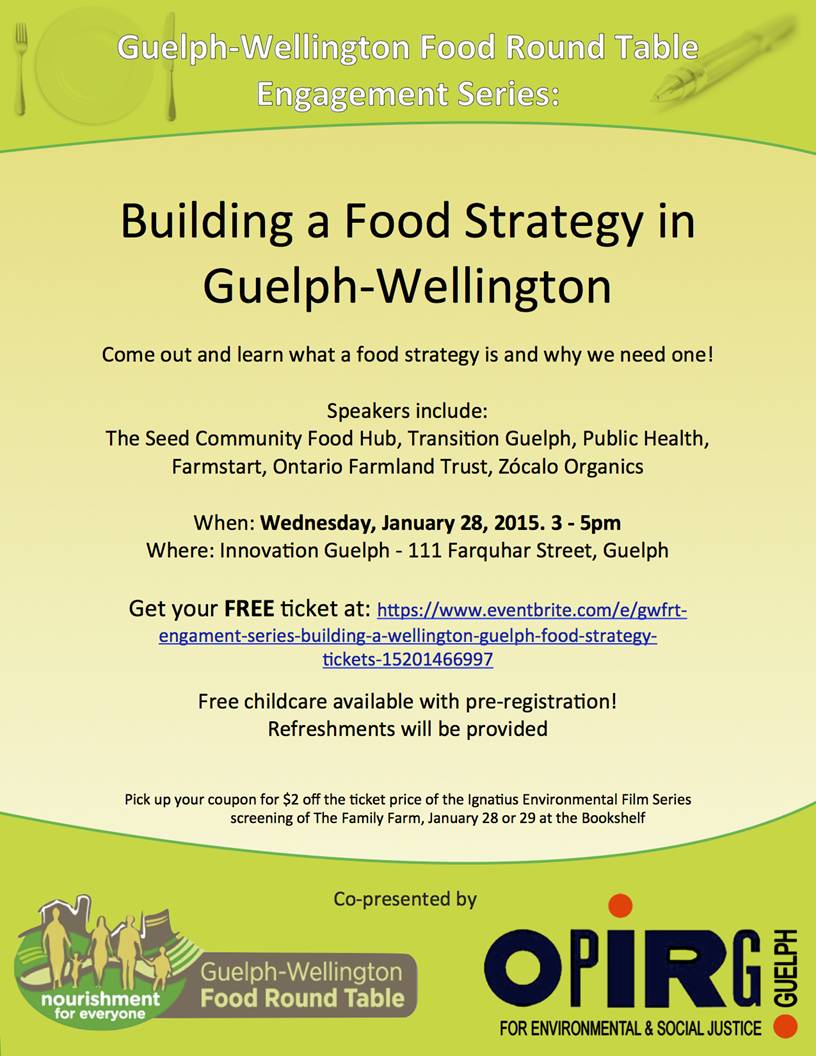The last month has seen some interesting developments in the discussion around both supply management and the dairy industry. Here are a few highlights:
Document de réflexion de l’Union paysanne
Le document Vers une gestion de l’offre 2.0 au Canada propose des pistes de réflexion sur les enjeux reliés au système de gestion de l’offre au Canada et ses impacts sur les fermes, les paysans et la relève agricole.
Depuis 10 ans, la gestion de l’offre des produits agricoles canadiens voit les critiques se multiplier à son égard. Que ce soit la valeur prohibitive des quotas, le manque d’espace pour les nouveaux agriculteurs ou encore les entraves au commerce, les flèches ne manquent pas.
Traiter de l’ensemble des récriminations envers la gestion de l’offre et de leurs possibles solutions dans un seul document charcuterait inévitablement le propos. Du fait de son gigantisme, de son importance, et aussi de ses différences entre les provinces, il importe de cibler des parties de la gestion de l’offre afin de mieux en traiter. C’est le choix que nous avons fait en ciblant une tangente qui traverse l’ensemble du Canada, c’est-à-dire une lente cartellisation de la gestion de l’offre.
Lire la suite…
Bruce A. Scholten
Since 1950, production of U.S. dairy cows has risen 250 percent, while the longevity of cows has plunged alongside the number of family farms. Additionally, farmers have had to respond to lower farmgate prices and commercial pressures by intensifying production with agribusiness technologies, including genetically modified hormones and antibiotics to fight disease and illnesses brought on by dairy cow confinement. This book examines the current resistance to corporate agribusiness being waged by organic dairy farmers, cooperatives, and consumer activists—commonly referred to as the ‘Pasture War,’ which resulted in strengthened USDA National Organic Program policies. Recent power shifts in the USDA, weak labeling laws, and dairy advertisement which blurs boundaries between conventional and organic food demonstrate the need for farmers to cut out the middlemen in dairy chains from cows to consumers. Read more…
History professor and UWaterloo’s AVP, External Research, Bruce Muirhead has just been announced as the first-ever research chair in public policy on behalf of Egg Farmer’s of Canada, an agricultural organization dedicated to the promotion and management of egg production across the country.
Professor Muirhead will be developing a research program in public policy that relates to the current and future challenges faced by Canadian egg farmers, providing historical context to the growing conversation about the value of supply management for all Canadians. Read more…

